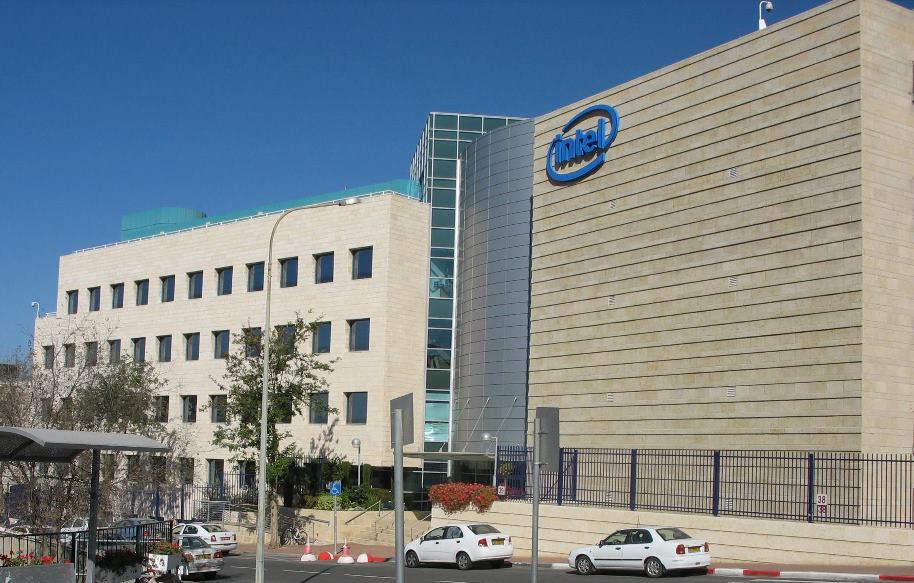This article was first published by The Times of Israel and was re-posted with permission.
Robots that move around and do the heavy lifting, drones that drop off stuff you ordered on-line an hour before, self-driving cars, even self-driven vacuum cleaners that don’t bump into the furniture – it’s all part of the big technology revolution that 3D vision is on the verge of bringing to the world.
And according to Igal Iancu, a senior manager on Intel’s RealSense 3D vision tech team, based in Haifa, none of it is going to be possible without a heavy dose of made-in-Israel technology.
SEE ALSO: Zano’s Micro-Drone Follows You To Capture HD Selfies From The Sky
“Israel is a hub of innovation in machine vision, chip development, and 3D technology,” Iancu told The Times of Israel in an exclusive interview. “Israel was the natural place for the development of RealSense, which combines hardware and software to bring human-like senses to personal devices, so they can experience the world like we do.
The idea of RealSense, said Iancu, is to enable devices to “see” in the same way humans do. “When we look at the world around us, our brains automatically build a 3D model of our surroundings. They identify objects like people, animals, and pieces of furniture and figure out how big and far away they are. By introducing Intel RealSense 3D cameras, Intel is enabling devices to see like us, so they can understand the people using them and the world around them. This will allow us to interact with our devices in a much more natural way and have an immersive experience.”
RealSense sees the distance between objects, separating objects from the background layers behind them. This gives much better object, facial and gesture recognition than a traditional camera, according to the company. This visual data creates a touch-free interface that responds to – and understands – hand, arm, and head motions as well as facial expressions.
SEE ALSO: Intel Tech Puts Backpacks On Bees To Track World Bee Collapse
3D vision technology – in which 3D cameras can be used to interact with computers, TVs, and gaming consoles – has been around for a few years. One of the original pioneers in 3D vision tech was an Israeli firm called PrimeSense, which supplied technology to Microsoft to enable it to build the Kinect 3D interface, used in Sony’s Xbox gaming console (PrimeSense was subsequently bought in 2013 by Apple for $350 million). Many other Israeli firms, such as Omek Interactive (bought by Intel in 2013) are also responsible for important breakthroughs in the field.
To read the full article, click here.
Photos: Intel Israel, Intel
Related posts

Editors’ & Readers’ Choice: 10 Favorite NoCamels Articles

Forward Facing: What Does The Future Hold For Israeli High-Tech?

Impact Innovation: Israeli Startups That Could Shape Our Future






Facebook comments